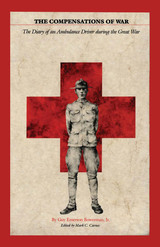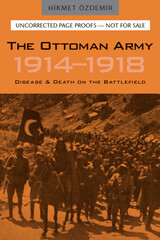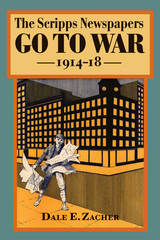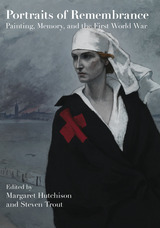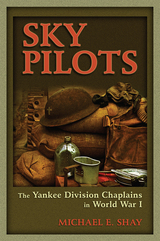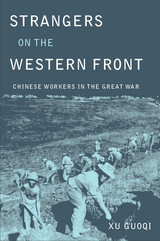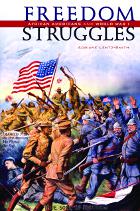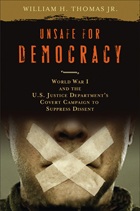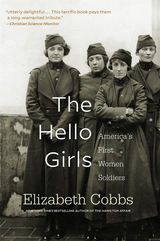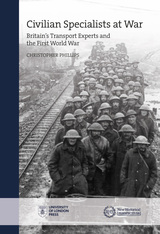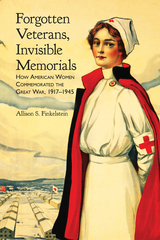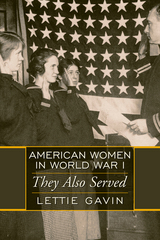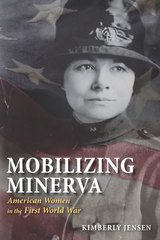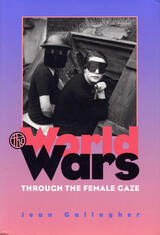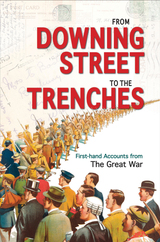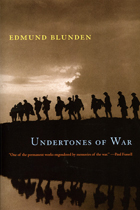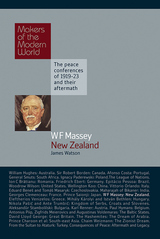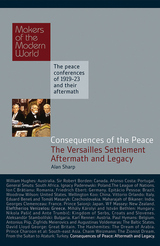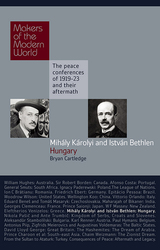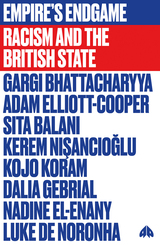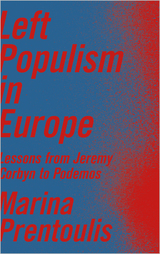Cloth: 978-0-674-57755-8
Library of Congress Classification D639.P88F743 1996
Dewey Decimal Classification 940.40944
Behind the façade of unity, the French intelligentsia was riven by the same fundamental divisions that had characterized it before the war. For example, the Republican Left argued that German nationalism and militarism began after Kant, with Fichte or Hegel, while the Catholic and nationalistic reactionary Right denounced Kant as the evil inspiration of France's liberal democracy and public school system. The heated rhetoric of the war and the unbearable loss of young lives, says Hanna, lent weight to a redefinition of French culture in national terms—and this, ironically, ended in the cultural conservatism of Vichy France.
This is the first study of the power of French pens and words during and after the Great War. It is a contribution to French and European history as well as to intellectual history.
See other books on: Great War | Intellect | Intellectuals | World War I | World War, 1914-1918
See other titles from Harvard University Press


